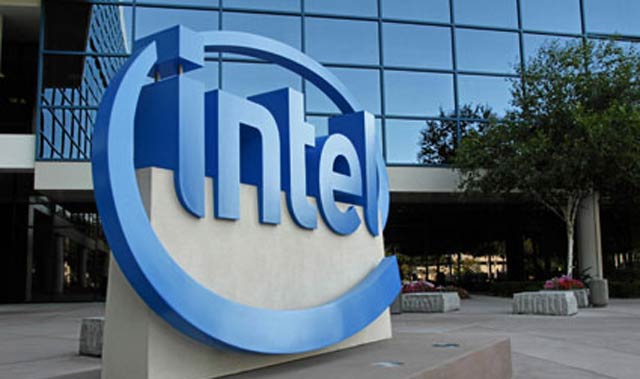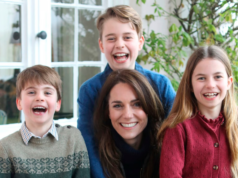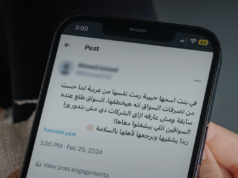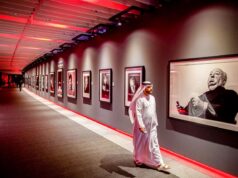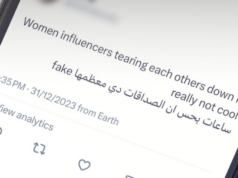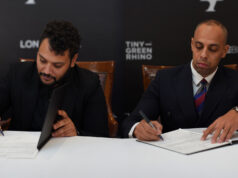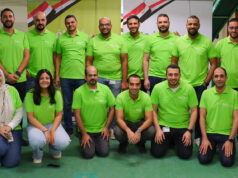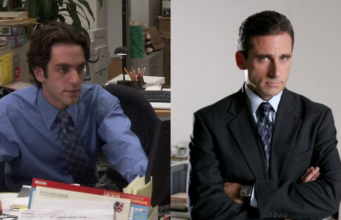Egyptian award winner from last years’ Intel International Science & Engineering Fair (Intel ISEF 2015) Yasmine Yehia Moustafa was honoured by the National Aeronautics and Space Administration (NASA) and named a newly discovered main belt asteroid in recognition for her scientific efforts toward Earth and Environmental Sciences after her.
The new asteroid, now named as“31910 Moustafa”, was discovered on April, 2000 by the Lincoln Laboratory Near-Earth Asteroid Research Team, according to NASA’s Jet Propulsion Laboratory website. Main belt asteroids are found in the region of the solar system falling roughly between the planets Mars and Jupiter, where the greatest concentration of asteroid orbits can be found, according to ScienceDaily.com and Wikipedia.
“Yasmine Moustafa received a unique honor when NASA decided to name a new asteroid discovered by its research team as ‘31910 Moustafa’. This acknowledged success in scientific research is an accomplishment for both the Egyptian nation and for Intel by fostering tomorrows’ youth and providing them with an experience of innovation at the Intel ISEF held every year.” stated Eng. Sameh Elmallah, Intel Egypt Managing Director.
Yasmine Yehia Moustafa, 17 years old, won the first place award for Earth and Environmental Sciences category with her project “Rice Straw Power” at Intel ISEF 2015 competition that took place in Pittsburgh. Yasmine’s project was around improving cleaning & clearing water sources firstly, then she shifting it to solving electricity problem and reducing air pollution. She used biological treatments to help purifying water and heating it by burning rice straw. Her scientific research will aid in clearing water, reducing air pollution and burning rice to increase biodiesel for electrical use. Yasmine joined the competition as a high school student at Zahraa ElMaadi STEM School for girls in Maadi.
The Intel ISEF program, by the Society for Science and the Public, is the world’s largest international pre-university science competition, where more than 1,700 students are shortlisted from about 70 countries participating to showcase their independent research and compete for more than $5 million in prizes.


